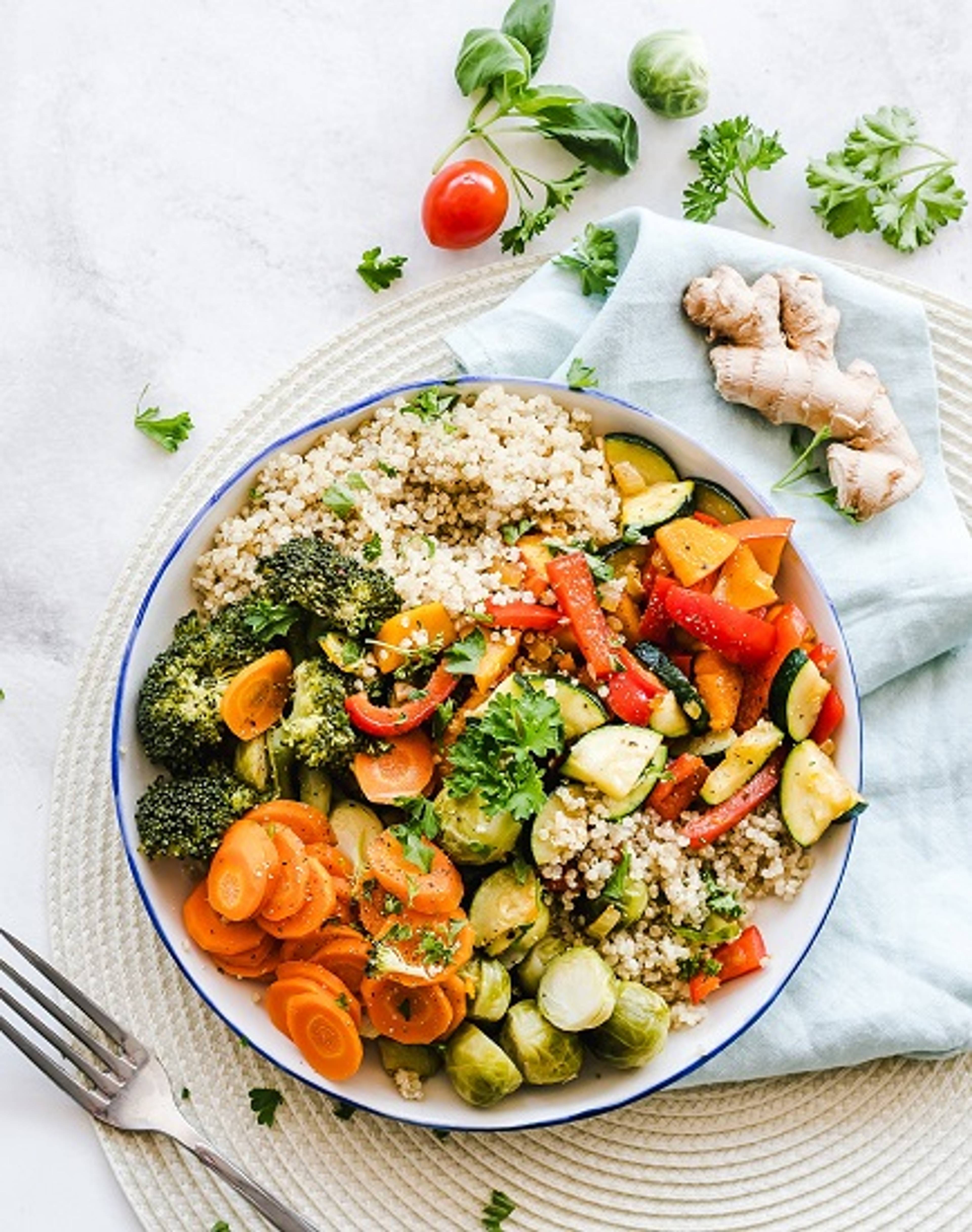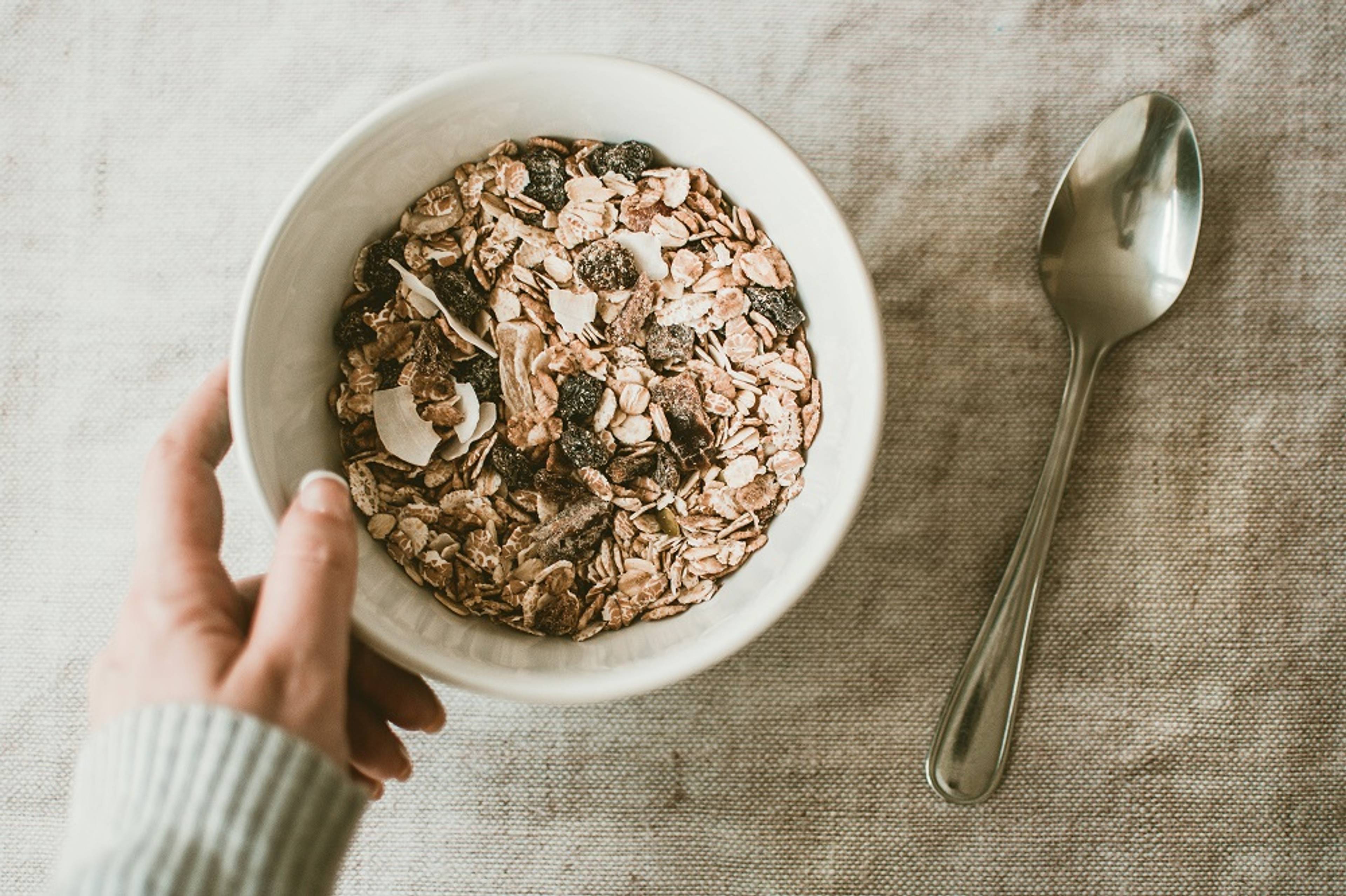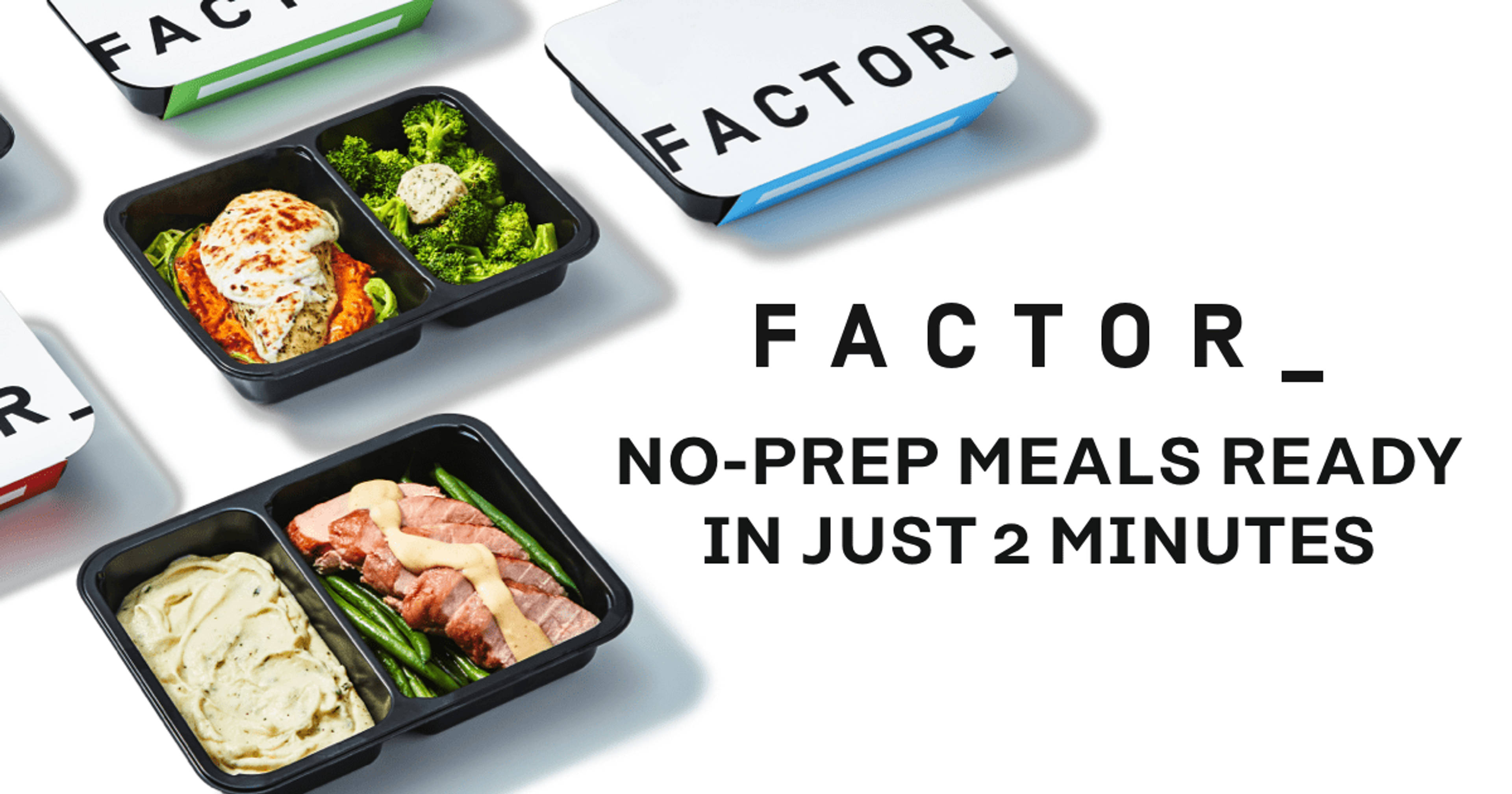8 Tips to Maintain a Balanced Diet as a Vegetarian or Vegan
How to Keep a Balanced Vegan or Vegetarian Diet
The number of people who are at trying to integrate more plant-based meals into their diets has steadily increased over the past decade. In January 2022, approximately 5% of United States residents were vegetarian, meaning they don’t eat meat products but may eat dairy and/or egg products. Around 2% of the U.S. population is vegan, meaning they eat no animal products whatsoever.
There are many reasons people choose to become vegetarian or vegan. Some include having a diet lower in fat and calories, decreasing the amount of animal products they’re eating, or minimizing their environmental impact. There are also potential health benefits to eliminating or decreasing the amount of meat and animal products you eat.
But like any specific nutritional plan, it’s important to have a well-rounded diet that ensures you get the recommended amount of vitamins, minerals, and nutrients you need each day. For vegetarians and vegans, here are some things to help you maintain a balanced diet.

1. Focus on Whole Foods

2. Watch Out for Added Sugars & Fats

3. Choose High-Protein Foods

4. Avoid Refined Carbohydrates

5. Supplement Vitamin B12, If Needed

6. Monitor Iron & Zinc Intake

7. Meet Calcium Requirements

8. Include Omega-3 Sources
